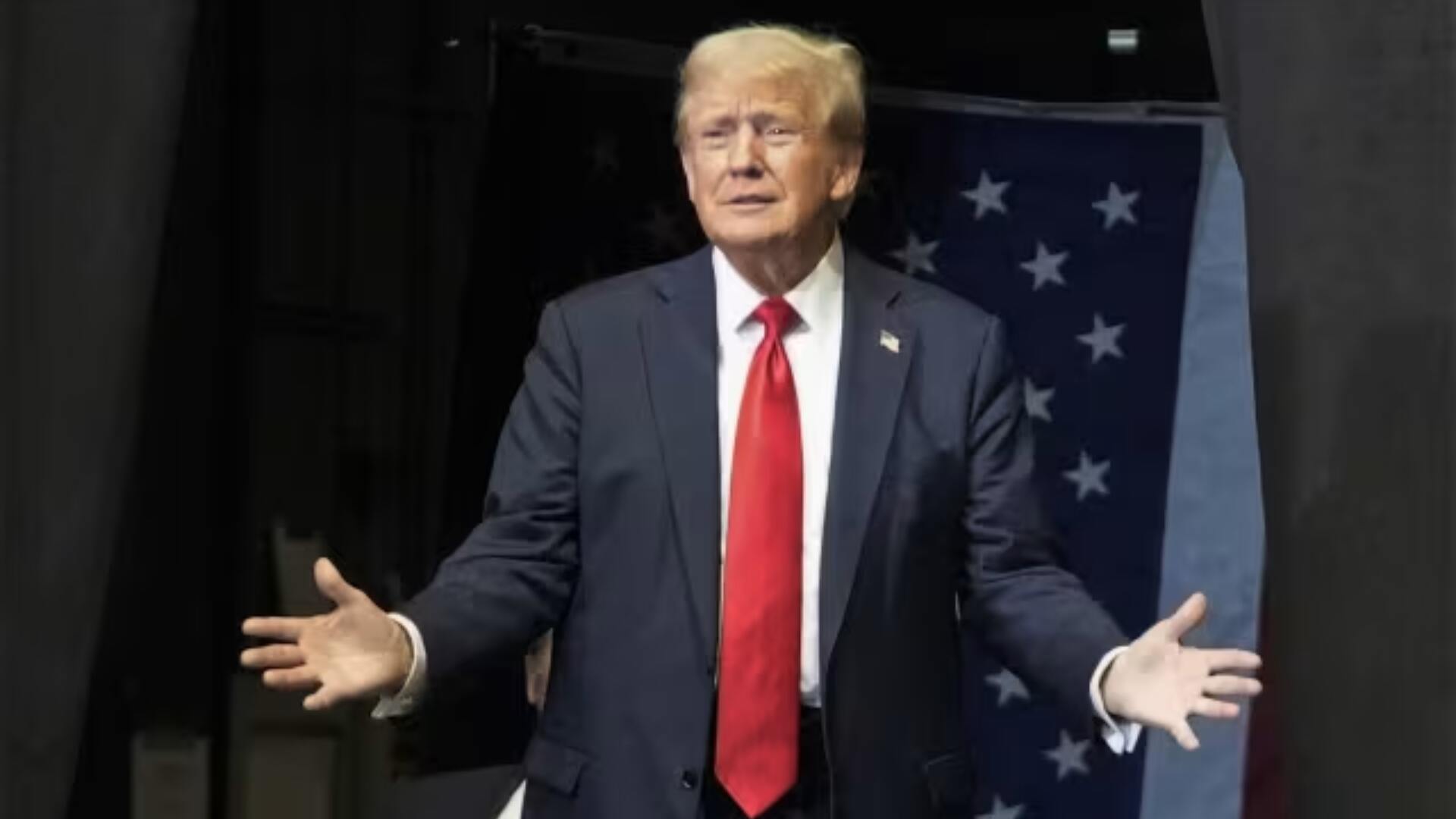As Donald Trump gears up for his highly anticipated debate against Democratic nominee Kamala Harris, his campaign faces a growing sense of unease over how the former president’s unpredictable temperament may play out on stage. According to sources familiar with the campaign’s internal discussions, the team is concerned about whether Trump will present himself as the sharp, quick-witted contender who challenged Joe Biden in the 2020 debates or the irritable and combative figure whose impulsive comments alienated voters in the last election.
With less than two months until Election Day, Tuesday night’s televised debate is seen as a critical moment in Trump’s 2024 campaign reboot. Harris, who entered the race after Biden dropped out following a faltering debate performance, has surged in the polls, but her momentum appears to be slowing. This has created a window of opportunity for Trump to regain the upper hand, though the campaign remains worried about the risks associated with the former president’s mood swings.
Campaign Worries Over “Happy Trump” or “Angry Trump”
Campaign insiders have reportedly been using a refrain: whether they’ll get “happy Trump” or “angry Trump.” While his advisers are hoping for a poised and disciplined performance, there’s growing anxiety that Trump could slip into the more extreme, personal attacks he’s known for. In recent weeks, Trump has made increasingly incendiary comments about Harris, some of which have frustrated even his own supporters. His history of tense exchanges with powerful Black women, including Harris, has added to concerns.
The upcoming debate is seen as a potential turning point, offering Trump a chance to reset the race after struggling to break through the news cycle in recent weeks. His team hopes the event will provide a platform to deliver his critiques of Harris’s policies, including her handling of immigration and crime, in front of a national audience.
A Critical Moment for Trump’s Campaign
Trump’s campaign strategists are betting heavily on the debate to regain momentum. The former president has struggled to land effective blows on Harris, despite a few fleeting moments of success, such as garnering media attention after Robert F. Kennedy Jr. endorsed him following the Democratic National Convention. However, good news has been sparse, and Trump’s vice-presidential pick, Ohio Senator J.D. Vance, has done little to energize the campaign.
In contrast, Harris’s running mate, Minnesota Governor Tim Walz, has been well-received by the Democratic base, helping to solidify a sense of unity within the party. With polls in key swing states showing the race neck and neck, Trump’s advisers acknowledge that the debate represents one of their last best chances to change the trajectory of the campaign.
Debate Strategy: Focus on Policy, Avoid Pitfalls
Despite the risks, Trump’s team sees an opportunity in the debate’s format. They believe the event’s rules, which include muting candidates’ microphones when it’s not their turn to speak, could play to Trump’s advantage. His advisers think this may limit Harris’s ability to fact-check him in real time or deliver her own sharp retorts, potentially giving Trump the upper hand in delivering uninterrupted attacks on her policies.
Trump has a history of dominating debates with a barrage of false claims and aggressive rhetoric, which worked to his advantage in the 2016 and 2020 campaigns. His advisers hope that, even if networks don’t air his rallies or day-to-day remarks, the debate will force them to broadcast his critique of Harris’s record.
The stakes couldn’t be higher for Trump, as his campaign leadership continues to grapple with how to reinvigorate his bid for the presidency. With just weeks left before Election Day, all eyes will be on whether Trump can harness his strengths or succumb to the kind of self-sabotage that has plagued him in the past.























